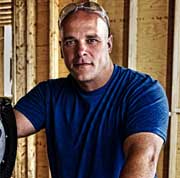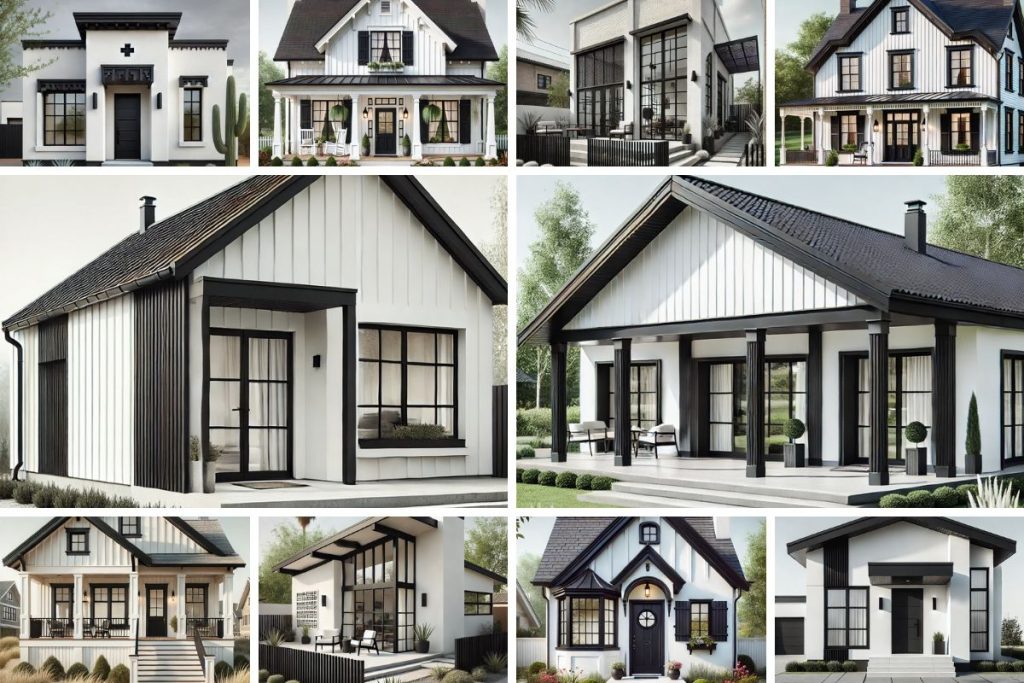While constructing residential buildings, you may have considered a lot of things like their size, pattern, how many people those buildings can accommodate, etc. But, there’s something more crucial than the size and looks of those houses – building energy codes.
Following the building energy codes can ensure you have a better-insulated building. But constructing a building just to comply with a code will only let you meet the legal minimum.
If you really want to satisfy your customer, you may have to go above and beyond that code, ensuring proper residential insulation. By doing so, you can deliver a building that’s more energy efficient, healthier, and quieter, ensuring you have a competitive advantage.
If you’re still skeptical about whether you should go beyond the codes to ensure proper insulation of a residential building, this article is just for you.
Continue reading to learn why you should insulate residential buildings.
5 great reasons to insulate residential homes
Proper building insulation will not only help you maintain the building energy codes thoroughly but also help you achieve a lot of things, including:
Greater energy efficiency, lower energy bills
You can’t deny the value of an energy-efficient home, considering how significantly it can reduce the electricity bills per month. Besides, the lower the pressure on energy use, the lesser the CO2 emissions will happen.
These benefits aren’t unknown to anyone. However, they continue to get more focus in recent years, thanks to the continuing rise of the electricity bills. Since 2004, electricity bills in residential buildings have jumped 39%.
In fact, studies show that the average expenditure of homeowners on household electricity bills is around $2,200, which is pretty much 4% of their average pre-tax income.
By proper insulation installation, you can make sure the home stays at its optimum temperature regardless of the season. So, whether it’s scorching heat or chilly outside, the HVAC systems of these homes don’t have to work hard, which eventually leads to lower electricity bills.
Homeowners are demanding more
Energy efficiency is getting a lot of importance from homeowners these days. However, a noticeable gap often exists between the general offerings of energy-efficient features and the priorities held by prospective homebuyers in their selection criteria.
As per research conducted by the National Association of Realtors, homeowners underscore the significance of certain features in environmentally friendly homes. Specifically, 36% of respondents prioritize efficient home heating and cooling, while 23% place importance on the use of energy-efficient appliances.
Similarly, insights from the National Association of Home Builders reveal that, among the top 15 features slated for implementation, three are directly related to energy efficiency. These include the incorporation of low-energy windows, Energy Star-rated appliances, and Energy Star-rated windows.
Insulation can help builders meet homeowner needs
A sad but true observation is that the current offering most homebuyers get can’t match their expectations.
While purchasing a home, buyers expect the default insulation offers will make sure they have to pay less for heating and cooling. However, they are wrong.
Most of the time, the current insulation offers don’t cover the heating and cooling costs. In fact, only windows can’t maintain the optimum temperature if the entire house isn’t insulated.
Considering these factors, you need to opt for whole-house insulation to meet the homeowner’s needs. That’s why you need to look for the best insulation installers in your area to get this done right.
Insulating homes for sound
No one wants to live in a noisy home. And with prior knowledge that some homes can be noisy, no one wants to purchase them as well.
Especially if the house is located in a noisy area, it becomes particularly important to ensure the entire house is properly insulated.
Noise can come from both outside and inside. Outside noise may occur due to traffic, and busy neighborhoods, while children, music systems, TV, etc can cause noise inside.
Also, the recent trend for open-concept houses with fewer walls is increasing the popularity of homes that minimize sounds.
Startup company HowLoud has made a noise score for real estate to prove how important noise insulation and design have become for a home.
The good news is that this listing is being incorporated into sites like Zillow or Trulia, which is highly likely to create more awareness regarding noise among home buyers
Since noise can be complex and it depends on the situation, simply adding more insulation may not be helpful. However, additional insulation can always be a part of a smart home insulation strategy
Insulation can promote a healthy home
The increased awareness of homeowners regarding health aligns with a broader societal emphasis on overall well-being. Growing asthma rates and heightened allergy concerns underscore the impact of the home environment on health.
In the residential building sector, prospective buyers seek assurance that their new homes are constructed using products that prioritize the safety of their families by preventing the ingress of harmful pollutants, allergens, and chemicals.
While acknowledging that no single insulation product guarantees a healthy home singlehandedly, the strategic integration of insulation and air sealing emerges as a vital component within a comprehensive approach to building residences that actively contribute to overall well-being.
Conclusion
The significance of proper residential insulation extends beyond meeting building energy codes. It’s now crucial to deliver a home that can meet the evolving customer expectations.
While sticking to codes ensures a legal minimum, exceeding these standards becomes a strategic imperative for builders seeking a competitive edge. Energy efficiency, a top priority for homeowners, involves not only lowering utility bills but also aligning with environmentally conscious choices. However, a noticeable gap exists between the demand for energy-efficient features and the current market offerings.
Insulation addresses these challenges by providing solutions that meet homeowner’s expectations, whether in terms of energy efficiency, sound reduction, or creating a healthier living environment.
As the demand for sustainable and well-insulated homes continues to rise, builders must embrace a holistic construction approach, integrating insulation and air sealing into their strategies.
Doing so not only ensures compliance with codes but also contributes to creating residences that actively promote the overall well-being and satisfaction of homeowners.











